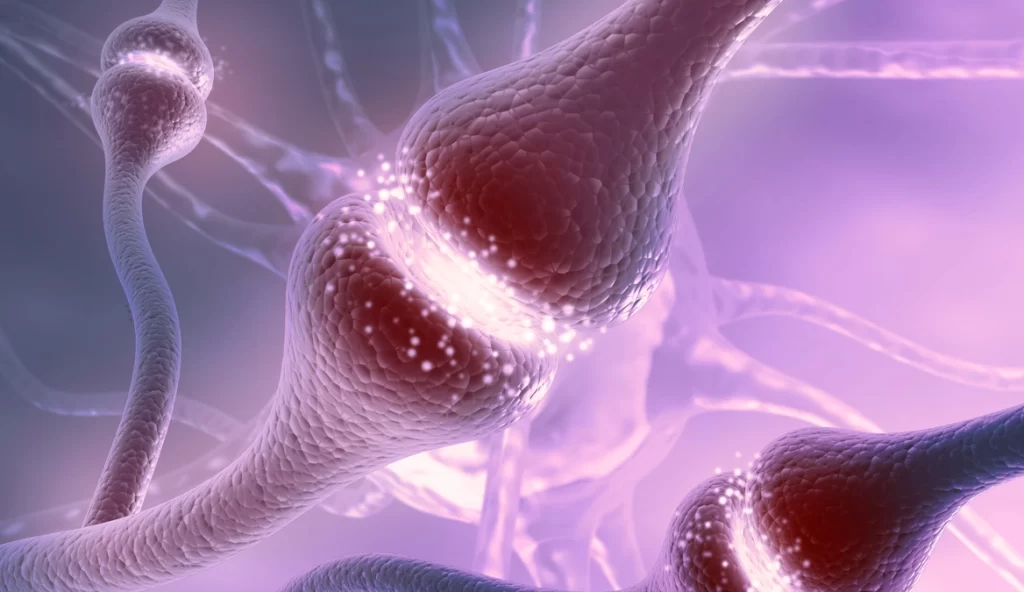In our fast-paced, always-on world, ensuring we’re taking care of ourselves is more crucial than ever. The Performance Triad is a tool to help us do just that. The three components of the Performance Triad are exercise, nutrition, and sleep. This article explores the importance of sleep.
Sleep is a naturally occurring state of rest for the body and mind. During sleep, the body’s muscles relax, and the mind slows down its activity. Research shows that we need between seven and eight hours of sleep a day. Sleep is an active state that helps support optimal brain function. During sleep, the brain consolidates memories, regulates hormones, and detoxifies itself. People need sleep to think, react quickly, and maintain physical health. Sleep deprivation can lead to severe consequences, including impaired judgment, mood swings, hallucinations, and weakened immunity. Therefore, ensuring you get enough restful sleep every night is vital.
Benefits of Sleep
Sleep is essential for physical, mental, and emotional well-being. Getting enough sleep helps us maintain a healthy lifestyle and maximize productivity. Here are some of the critical benefits of a good night’s rest:
- Improved Memory – Studies have shown that sleep helps with memory consolidation and recall; when we sleep, our brains store and organize memories, and we are better able to remember and use information when we wake up.
- Enhanced Mood – When we don’t get enough sleep, our mood can be affected; lack of sleep has been linked to irritability, depression, anxiety, and stress. A good night’s rest helps us feel more energized and positive.
- Boosted Immune System – Sleep helps keep our immune system strong, helping us fight illnesses and infections more effectively.
- Increased Productivity –Sleep deprivation reduces our ability to think clearly and be productive; without enough rest, our concentration can suffer, and tasks can take longer than average.
- Improved Heart Health – Sleep plays a vital role in regulating our blood pressure, heart rate, and cholesterol levels; when we get enough rest, these processes are handled more efficiently, and our risk of developing cardiovascular issues is reduced.
Tips to get a good sleep
Getting a excellent night’s sleep is essential for our overall health and well-being. Our body needs rest to function correctly. Not getting enough sleep can lead to severe physical and mental health issues. But with hectic lifestyles, getting the proper amount of restful sleep can take time and effort. Here are some tips that can aid you get a good night’s sleep:
- Establish a Bedtime Routine: Setting aside time for winding down and preparing mentally for sleep can go a long way towards getting the restful sleep you need. Try to stick to the same routine, such as taking a hot bath or shower, drinking decaffeinated tea, reading a book, or listening to calming music. This helps your body recognize that it is time to relax and prepare for sleep.
- Avoid Caffeine and Alcohol: Caffeine is a hazardous stimulant that can make it harder for you to relax and fall asleep. It should be avoided after midday, and alcohol can also disrupt sleep.
- Exercise Regularly: Exercise can help strengthen your body and mind, allowing you to relax and sleep better at night. Try exercising earlier in the day, as this will give your body time to wind down afterward.
- Make Sure Your Bedroom is Sleep-Friendly: The temperature of your bedroom should be comfortable, with fresh air and no bright lights or loud sounds. Make sure the bed is comfortable, and the room is dark and quiet.
- Get Up on the Same Time Every Day: Going to bed and then waking up the same time every day helps your body get into a regular sleep cycle which can help you fall asleep more easily.
By following these excellent tips, you can get the restful sleep your body needs to stay healthy and energized. Good luck!
Conclusion
Sleep is a critical part of the performance triad for athletes, students, and professionals. When we sleep, our brain consolidates memories and learning from the day. We also process emotions and repair our bodies. Lack of sleep makes us less efficient and can lead to deleterios physical and emotional health problems. To get the most out of our waking hours, it’s vital to ensure we get quality sleep. What changes will you make today to ensure you are getting enough high-quality shut-eye?
Reference
Irwin, M. R. (2015). Why Sleep Is Important for Health: A Psychoneuroimmunology Perspective. Annual Review of Psychology, 66(1), 143–172. https://doi.org/10.1146/annurev-psych-010213-115205

